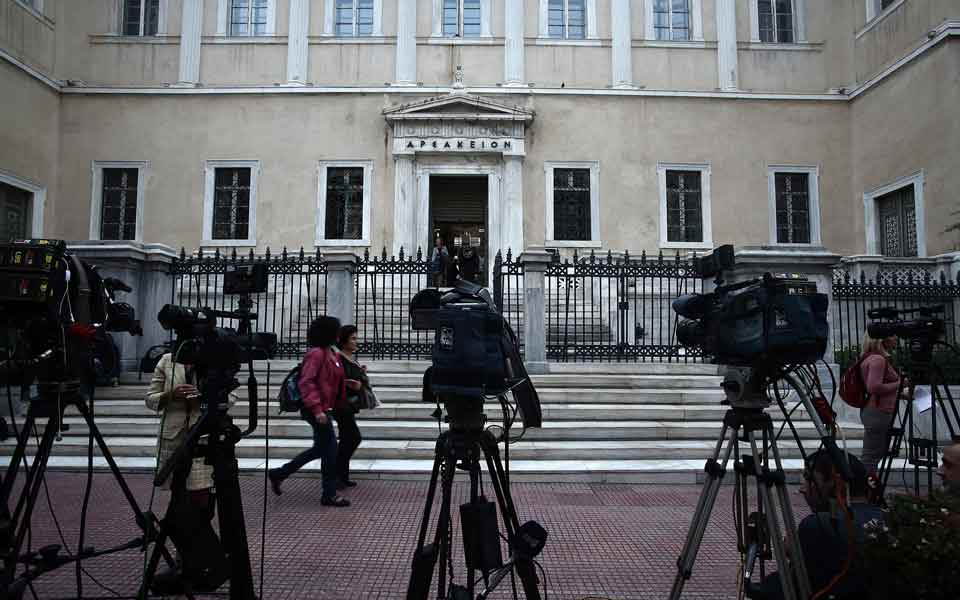CoS complicates tax inspections

The Council of State has issued another verdict that will have dismayed the Greek state, having found two taxpayers not guilty of tax evasion because checks failed to establish a source that may have increased their income.
With decision number 1895 of 2018, the country’s highest administrative court annulled the tax inspection that had arbitrarily revealed the concealment of income from freelancing. The inspection’s conclusion was not documented at all.
The checks on the economist and his wife, who is a lawyer, began when their names appeared in the so-called Lagarde List of Greek depositors with Swiss bank accounts. The Greek authorities identified deposits of an amount that could not be justified by the incomes declared in the couple’s tax statements.
Since the inspectors were unable to determine the source of the undeclared income, they considered that the extra income was the fruit of tax evasion (i.e. that the pair had hidden revenues from their work) and proceeded to impose exceptionally high fines.
However, the CoS argues in its verdict that “the tax administration ought to establish in a sufficiently documented fashion that the professional has received the amount in question in payment for the provision of services in the context of his professional activity.”
According to the court, the discovery of a significant amount in the bank account of a freelance professional does not suffice for the imposition of a fine, even if tax authorities believe the amount does not correspond to the incomes declared or other sources that may be cited; the tax administration must take all the necessary and appropriate measures to examine and investigate the real source so that those measures suffice to document the conclusion that the source of that amount is related to the professional activity of a freelancer.
This verdict renders the task of tax inspectors even more complicated, as they will not only have to perform more thorough inspections, but also to identify evidence to document their decisions for fine imposition.





